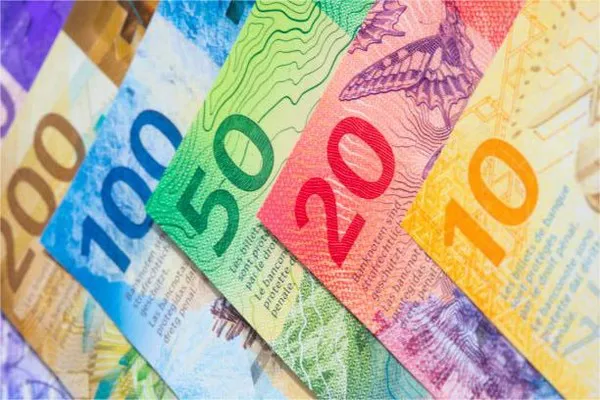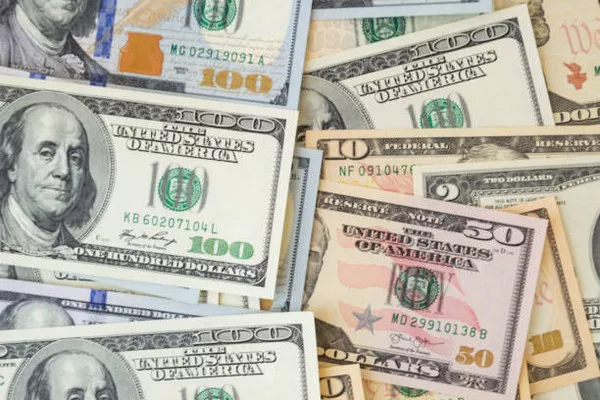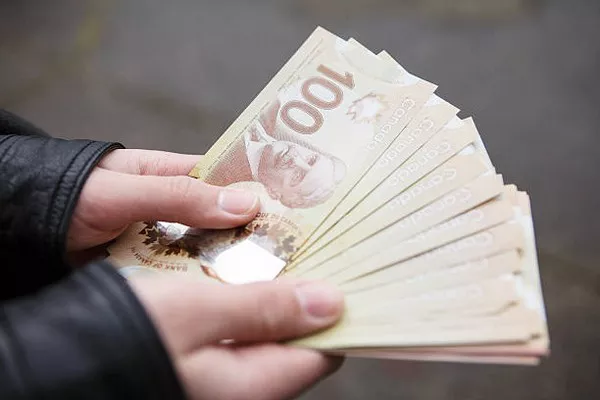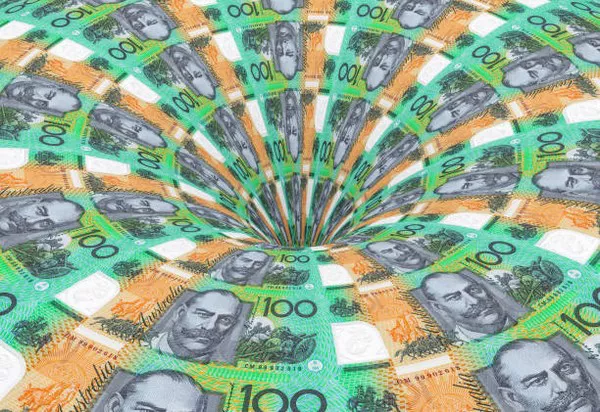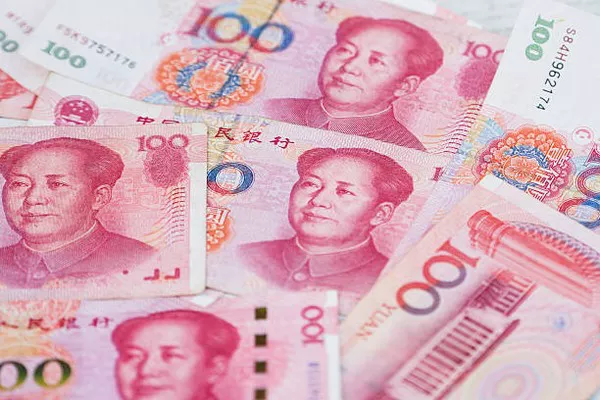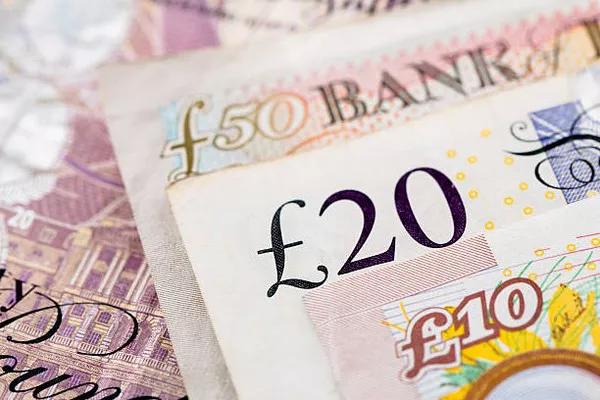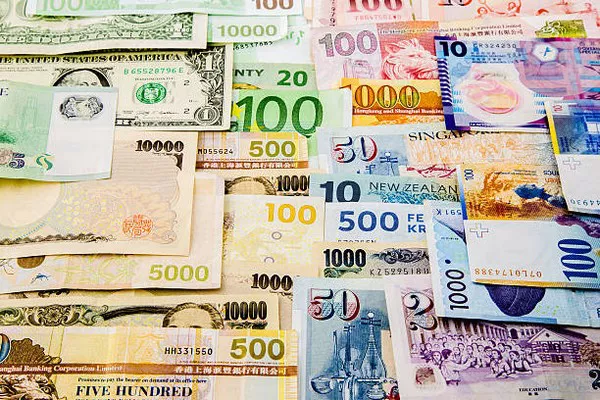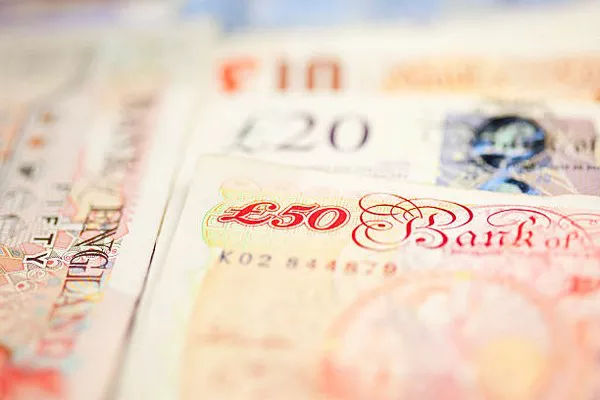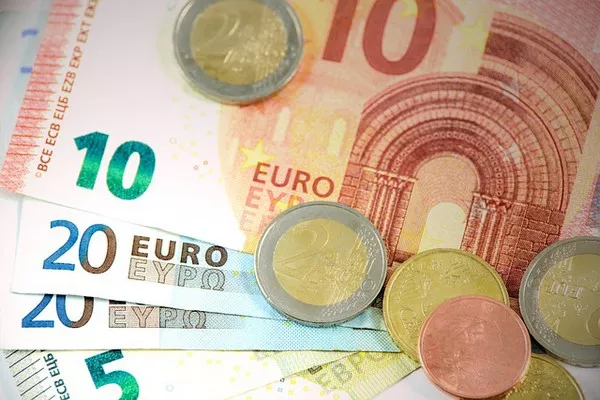The Swiss franc surged against major currencies on June 13, 2025, as investors sought refuge in the traditional safe-haven asset amid escalating political instability in Europe and renewed concerns over global economic growth. The EUR/CHF pair fell to its lowest level in over a year, briefly touching 0.92, as the franc’s appeal was bolstered by its reputation for stability and Switzerland’s strong current account surplus. Analysts attributed the franc’s strength to a combination of factors, including heightened risk aversion in financial markets and speculation that the Swiss National Bank (SNB) might intervene to curb excessive appreciation, which could hurt the country’s export-driven economy.
Political turmoil in France and Germany has been a key driver of the franc’s recent gains. In France, President Emmanuel Macron’s government faces mounting pressure after a contentious parliamentary debate over pension reforms led to widespread protests. Meanwhile, in Germany, Chancellor Olaf Scholz’s coalition government is struggling to maintain unity amid disagreements over fiscal policy, raising concerns about the stability of the Eurozone’s largest economy. These developments have prompted investors to shift capital into Swiss assets, including government bonds, which saw yields drop to near-record lows.
The SNB has remained relatively quiet on the franc’s appreciation, but market participants are closely watching for any signs of intervention. Historically, the central bank has actively intervened in currency markets to prevent excessive franc strength, which could undermine Switzerland’s export competitiveness. However, with inflation in Switzerland hovering around 1.5%—well below the SNB’s target—the bank may have more tolerance for a stronger currency than in previous years. SNB Chairman Thomas Jordan is scheduled to speak at an economic conference in Zurich later this week, and traders will be listening for any hints about potential policy adjustments.
Switzerland’s economic data has also supported the franc’s strength. The latest figures from the State Secretariat for Economic Affairs (SECO) showed that the country’s unemployment rate remained at a historic low of 2.1% in May, while consumer confidence improved slightly. Additionally, Switzerland’s trade surplus widened to CHF 3.2 billion, driven by strong pharmaceutical and machinery exports. These indicators suggest that the domestic economy remains resilient, further reinforcing the franc’s appeal.
Currency strategists are divided on whether the franc’s rally will continue. Some argue that if political risks in Europe subside, the EUR/CHF pair could rebound sharply. Others believe that structural factors, including Switzerland’s persistent current account surplus and the SNB’s cautious monetary policy stance, will keep the franc well-supported in the medium term. “The Swiss franc is benefiting from its dual role as a safe haven and a high-quality currency,” said Claudia Bernasconi, head of FX research at Credit Suisse. “Unless we see a significant improvement in European political stability or a hawkish shift from the SNB, the franc is likely to remain strong.”
You Might Be Interested In:

